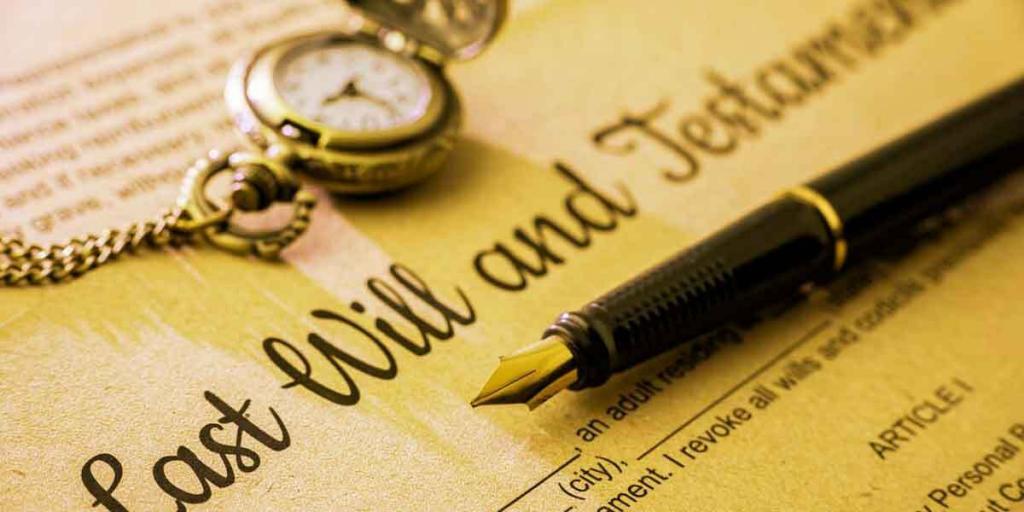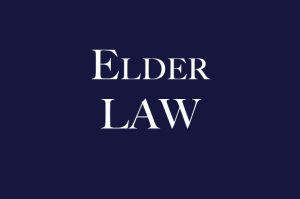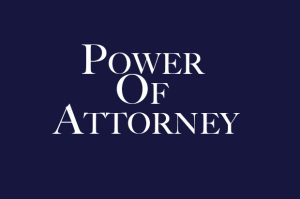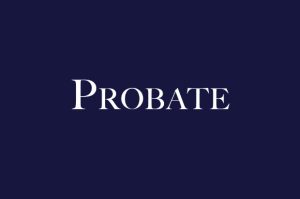A will may be contested. When one or more parties feel that the deceased was forced into signing the will, or that they are being cheated out of their inheritance, such party may issue out a petition of contest of will. In the absence of a valid Last Will prior to the death of the decedent, such situation is remedied by the State’s intestacy laws. This law varies from state to state. If there is no will, someone has to file a petition to the probate court to act as the personal representative of the deceased for probate to commence. In this case, the person will be called an estate administrator and not an executor, but the responsibilities remain the same. In the absence of a will, only the spouse and children of the deceased will inherit under NY Intestate Succession Law.
But Probate is not always necessary
In New York, there are cases when probate will not be done. If the person leaves all his assets in a living trust and not a will, then probate will not be done. Also, estates valuing less than $30,000 do not qualify for probate. They will be disposed through a simpler system known as a “small estate administration.” Also, Insurance proceeds, retirement accounts, accounts with POD clause, and jointly held assets will not pass through the probate court, but will go directly to the beneficiary named in the asset documentation. Should a will always be probate? Not necessarily so. Certain situations can make probate unnecessary, but rules can differ by state. Most states offer other solutions, though certain exceptions are universal.
They are:
Probate and Property held in joint names.
People also own properties in joint names with partners, families, or others. When an asset is held jointly with “survivorship rights,” it immediately transfers to the surviving owner or owners by statute.
It ensures that probate is not necessary and, in fact, the decedent has no legal right to include his ownership interest in the property in his will or leave it to someone other than his co-owner. If he put such a clause in his last will, the court will not uphold it. A will that transmits — or attempts to transmit — only this form of non-probate property can not be checked.
Property with designated beneficiary.
Many properties are “payable on death” to one or more named beneficiaries, and for the same purpose they stop probating. By law, they immediately pass to the appointed beneficiaries. The accounts or proceeds go directly to them. Many people buy life insurance policies to cover wages and provide funds to pay off their debts when they die. Because these death benefits transfer immediately and directly to their beneficiaries under the policy contract terms, they are not part of the probate estate of the deceased. Therefore, they can not be passed to other beneficiaries according to a will. Many people invest in retirement accounts like 401(k), IRAs, and annuities to plan their retirement. If the account owner die before using the entire account for his retirement needs, the account will automatically pass to his appointed beneficiaries by statute. Again, probation is not necessary. If a will bequeaths no other property that can not be checked by statute to a living beneficiary.
Having a revocable living trust.
If the decedent created a revocable living trust and deposited his assets into the trust, they wouldn’t need probate because living trusts escape probation. They allow a process that allows assets to transfer to beneficiaries under the terms of the trust agreement so that proof is not necessary. But several trusted people often create something called a “pour-over” can. This form of will is intended to catch any assets the trustee neglects to put in his trust for one reason or another. This then passes them to the trust at the time of the trust maker’s death, and even though a trust exists, this form of will require probate.
Contact the Best Probate attorney near you today – 10020.
A probate attorney is pivotal to making well informed decisions that would definitely result into resolving any probate issues as well as making solid estate plans. Consulting our probate attorney would ensure all appropriate formalities are with proper protocol. With this, you stand at better chances of winning any legal probate matters and achieving your goals of estate plans with adequate execution.
With the wellbeing of you and your loved ones at risk and safety of your assets in question, is preparing estate plans yourself worth the risk? Why not Contact our best probate attorney 10020.









